$12.8 million investment will help expand and enhance mental health and addictions services for Indigenous peoples, families and communities
We know that Indigenous peoples have faced barriers to accessing effective and safe mental health and addictions care, while demand for these services has increased during the COVID-19 pandemic.
To address this, our PC government is providing over $12.8 million to immediately expand and enhance culturally appropriate mental health and addictions services for Indigenous peoples and communities across Ontario. This funding is part of Roadmap to Wellness, our government’s comprehensive plan to build a fully connected mental health and addictions system.
In close collaboration with Indigenous partners, we are investing in targeted, community-based mental health supports and services that focus on supporting Indigenous children and youth, including:
- $6.875 million to increase the capacity of existing community-based and Indigenous-led supports, including needs-based services for young Indigenous people in the youth justice system
- $1.4 million in enhanced community mental health and addictions services and programs in Indigenous-governed primary care teams
- $1.412 million to expand supports for Indigenous students and their families to address gaps in the school system
- $1.375 million annually over ten years to support the creation and implementation of 11 new Social Emergency Manager positions in Nishnawbe Aski Nation (NAN) and Grand Council Treaty #3 (GCT#3) First Nation communities
- $1 million for the expansion of a child and adolescent psychiatry program based in Thunder Bay, with satellite service locations across Northwestern Ontario
- $900,000 to support additional Indigenous focused mental health and addictions services and programs related to community safety and education
Our PC government is fully committed to addressing the mental health and addiction needs of all Ontarians and Indigenous peoples, whether they are children and youth, those suffering from addiction, involved with the justice sector, or in need of supportive housing, and vulnerable populations.
